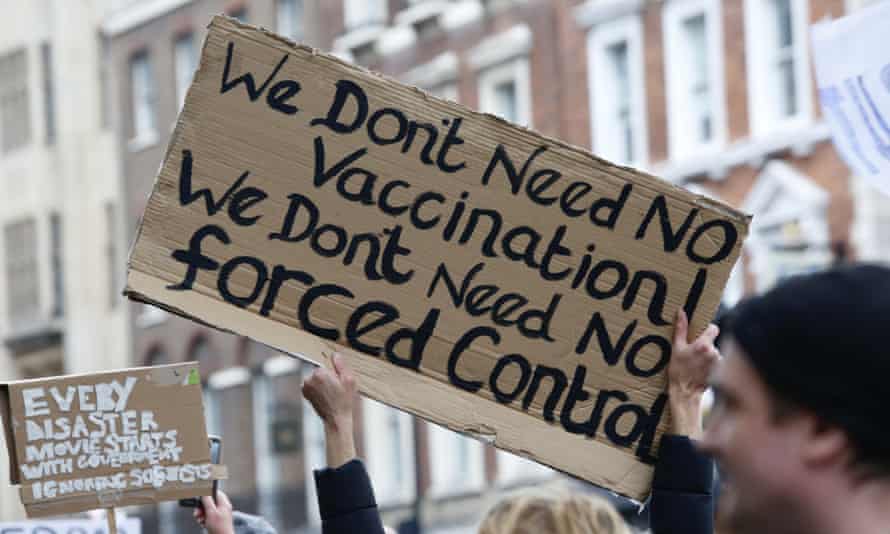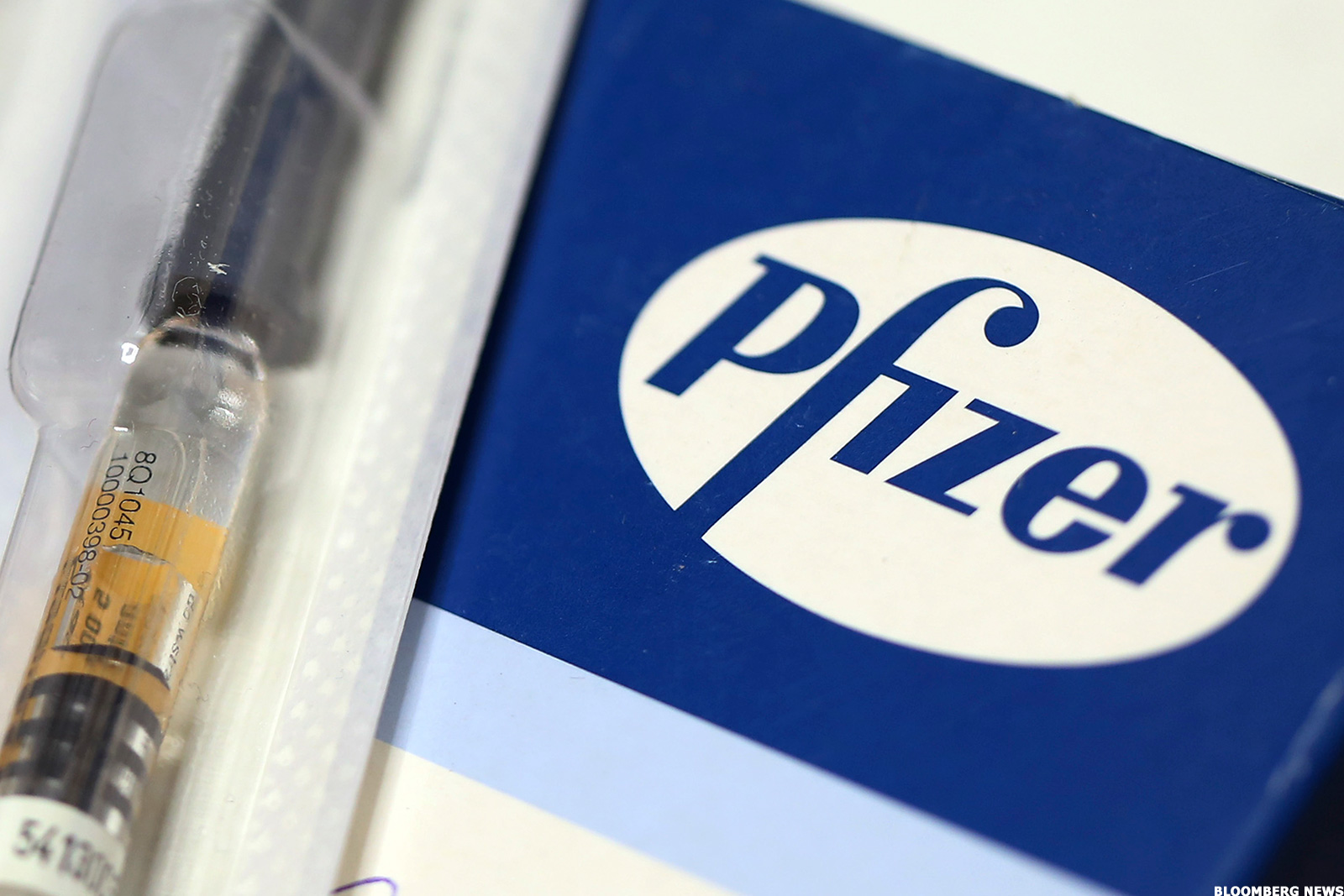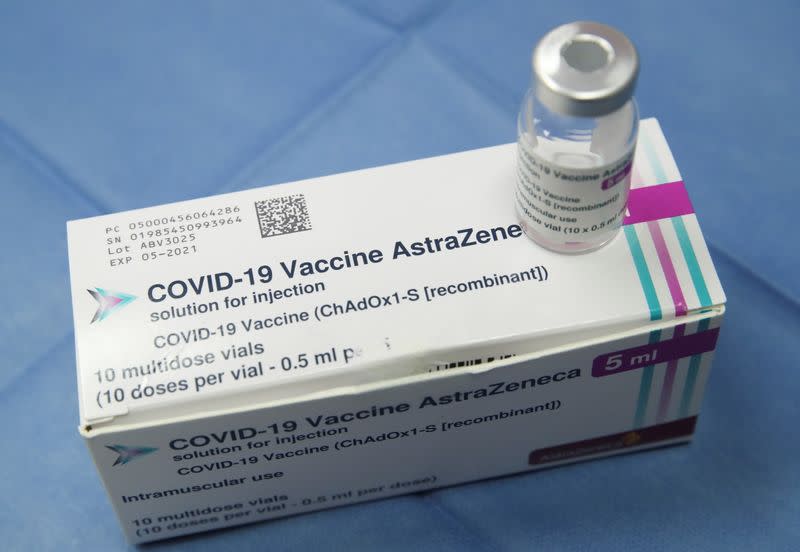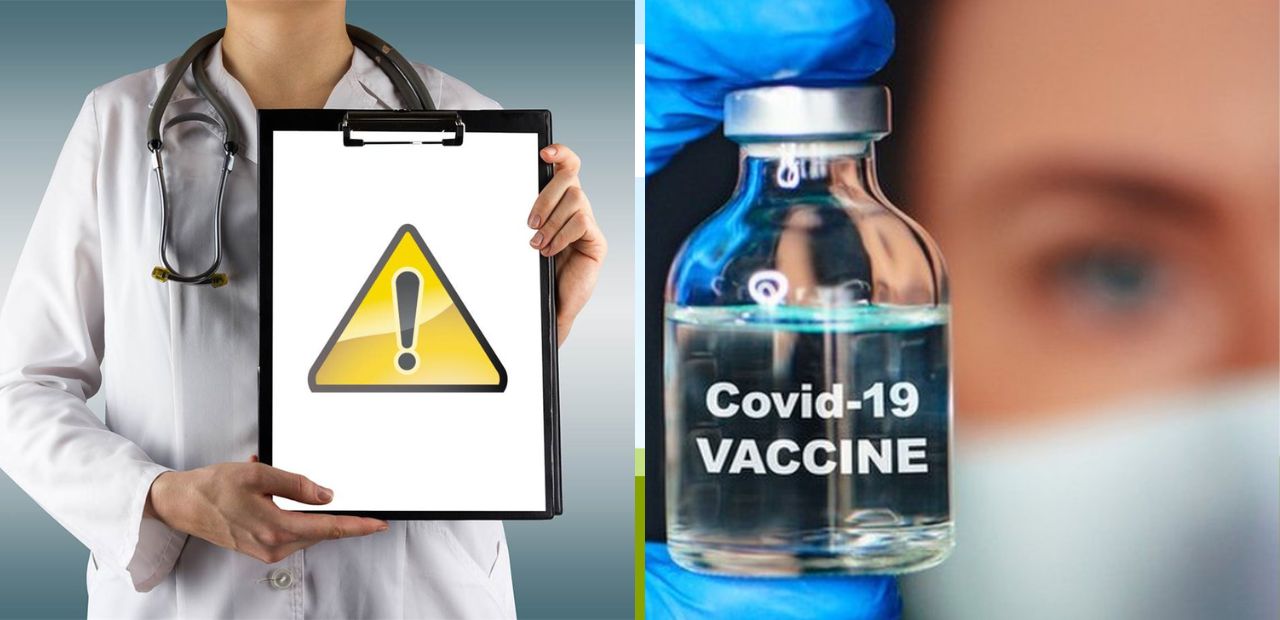When the COVID-19 pandemic broke out in 2020, the world had no direction to understand how it was going to fight this virus. The virus initiated spreading in China and went on to spread all over the world in just a span of a few months period saw mass lockdowns and restricted people from stepping outside houses, basically putting a full stop to normal functioning. The lost world was moved by when the vaccine trials showed their effectiveness and that led to a rise in hope among individuals.

Image Courtesy: Torres.house
Everything has its pros and cons and this gave rise to the Anti-vaxxers, we also saw various controversies surrounding the COVID-19 vaccines which to scepticism around individuals’ will to get vaccinated. Let’s have a look at what these controversies stated:
Who are Anti-Vaxxers and what do they have to say?

Image Courtesy: The Guardian
Merriam-Webster’s dictionary specifically defines an anti-vaxxer as, “a person who opposes vaccination or laws that mandate vaccination.” In other words, not only do anti-vaxxers not believe in vaccination, but they also oppose any legal attempts to force them to vaccinate themselves and also their family and children. Anti-vaxxers believe vaccines are against natural immunity, some believe it to be against religious beliefs, etc. After COVID-19 vaccines came out, Anti-vaxxers spread lots of disinformation through social and mass media, stating the vaccine will inject you with an electronic chip, poison you, make you sick, spread autism, etc., that is yet to be proven true!
Controversies around COVID-19 Vaccines
Pfizer Vaccine:

Image Courtesy: The Street
Pfizer, the largest drug maker in the world was the first pharmaceutical firm to seek authorization for use after it cleared trials with 90% effectiveness. Pfizer was given approval by the WHO for emergency use. Pfizer sought authorization from the Drugs Controller General of India (DCGI) for its COVID-19 vaccine, after it secured such clearance in the UK and Bahrain. The firm presented its proposal for emergency use authorization of COVID-19 mRNA Vaccine BNT162b before the committee, an official said. But it was turned down based on the firm not proposing any plan to generate safety and immunogenicity data in the Indian population.
J&J Vaccine:
Unlike Moderna and Pfizer vaccines, the Johnson & Johnson vaccine does not use messenger RNA (mRNA) to help the body build its defences against the virus. Instead, it is an adenovector vaccine like the Oxford-AstraZeneca vaccine. The Johnson & Johnson vaccine has been plagued by one controversy after another. For instance, On 13 April, the US government paused the administration of the vaccine to investigate a few cases in which people experienced blood clots after receiving the vaccine. But it was turned down on the basis that the benefits outweigh the risks.

Image Courtesy: nbcbayarea
Oxford-AstraZeneca Vaccine:

Image Courtesy: Yahoo
The AstraZeneca-Oxford vaccine manufactured by India’s Serum Institute of India (SII) did not make it to the list of vaccines that were considered acceptable by the European regulator. Multiple countries have ordered a pause on the administration of the Oxford-Astrazeneca vaccine ever since adverse reactions, such as blood clotting incidents were reported. But the WHO turned it down. And Covieshield is one of the most used vaccines today.
Covaxin Vaccine:

Image Courtesy: indiaeducationary
Bharat Biotech’s Covaxin is India’s second trusted vaccine. It was alleged that Hyderabad-based Bharat Biotech was forced to skip several processes and accelerate clinical trials of the COVID-19 vaccine amid political pressure to deliver the jab quickly. The firm stated that several hundred million doses of Covaxin have been administered worldwide so far and the vaccine has demonstrated an excellent safety record with minimal adverse events.
With another breakout of a new wave in China, alerting countries around the world, it’s important to know that vaccines do give us a strong chance to fight the virus and one needs to understand that vaccination is the only way we can fight this virus and end the pandemic.
ALSO READ:-
China’s COVID-19 Surge, Should India Be Worried?



















































































